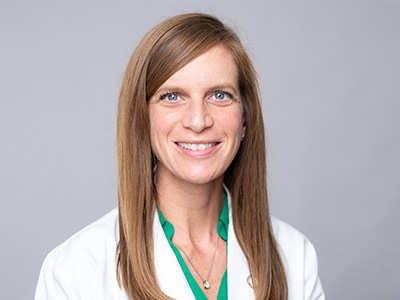Carissa Thomas, M.D., Ph.D., FACS, an assistant professor and Director of Head and Neck Microvascular Reconstruction in the UAB Department of Otolaryngology, and Anthony Morlandt, DDS, M.D., of UAB Department of Oral Maxillofacial Surgery received a $75,000 research support grant from the Oral and Maxillofacial Surgery Foundation (OMS) for their research proposal on the relationship between the oral microbiome and predicting the risk of metastatic disease.
The overall survival rates for patients diagnosed with oral squamous cell carcinoma (OSCC) have remained relatively low and stagnant for decades. Thomas and Morlandt recognize a dire need for new methods of identifying prognostic and treatment response markers and further understanding of mechanisms of tumor invasion and metastases. They believe that it is difficult to effectively prevent metastases in patients diagnosed with OSCC due to the “limited understanding of mechanisms of tumor invasion and metastases” mentioned in their initial proposal for the grant.
Due to prior research on the oral microbiome, Thomas and Morlandt assert that there is a unique bacteria present in the oral microbiome of patients with metastatic OSCC that play a mechanistic role in metastases.“Completing my residency in otolaryngology at UAB allowed me to be very well trained. It enabled me to have a wonderful and meaningful private practice and provide for my wife and children,” said Turner. He also attributes his training and overall experience at UAB to having the opportunity to serve in the American Academy of Otolaryngology and Head and Neck Surgery (AAO-HNS).
Over the next year, they will conduct a prospective study of patients in order to directly compare the differences between metastasizing and non-metastasizing OSCC to identify the particular oral microbiome in metastatic OSCC that can potentially be used as a prognostic biomarker.“Because of support like Turner’s, the UAB Department of Otolaryngology is among the nation’s leaders in the field, providing advanced care across the spectrum of head and neck disorders.” said the department’s interim chair, Bradford Woodworth, M.D., “Dr. Turner’s gift supports the educational mission of our department to keep our outstanding resident training at the forefront of research and clinical treatment paradigms.”
Their ultimate goal is to use their research to hopefully improve the treatment outcomes and survival rate of those diagnosed with OSCC.